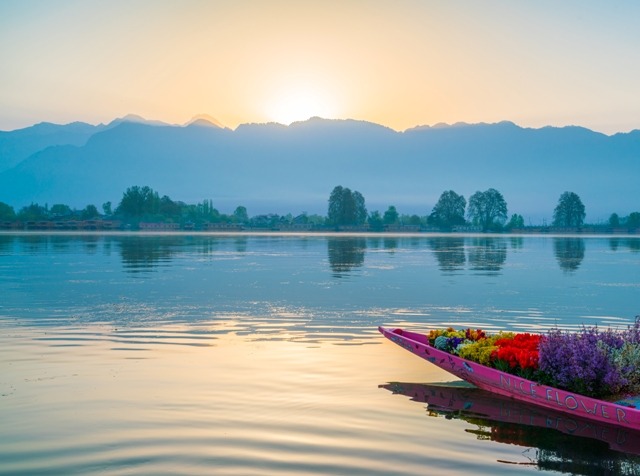Home minister Amit Shah told the Parliament that article 370 has been removed and the president has signed on this order. With the end of article 370, article 35A is also ended, which used to identify the permanent resident of the state.
With the end of article 370, the government has also offered the re-formation of the state. The bill that has been passed is that Jammu and Kashmir will no longer be a state. There are now two union territories in place of Jammu and Kashmir. One will be named Jammu Kashmir and the other will be Ladakh. The rule of both Union Territories will be in the hands of the Lieutenant Governor. There will be a Legislative Assembly in Jammu and Kashmir while there will be no Legislative Assembly in Ladakh. This will happen only after the bill is passed in both parliaments. Only one section of article 370 is kept, According to that the President can issue any change order. The Home Minister said that the proposal to give the status of Union Territory has been taken by looking at the security situation there and the situation of terrorism from across the border.
Article 370 of the Indian Constitution gives special status to Jammu and Kashmir. If we look at its history, in the year 1919, during the partition of India and Pakistan, King Hari Singh of Jammu and Kashmir want to remain independent, but later he agreed to merge in India with some conditions. After this, a provision of Article 370 was made in the Indian constitution under which Jammu and Kashmir were given special state rights. But a separate constitution was also demanded by the state.
According to the provisions of article 370, except the defense mater, foreign policy, and communication matters, the Central Government needed the permission of the state government to make and enforce the law related to any other matter.
What will change in Kashmir now or Kashmir after article 370?
- Previously, only the people who had the status of permanent resident in Jammu and Kashmir could buy property there, but now anyone can buy it.
- Previously only permanent resident could get a job in the state, now anyone can get it.
- Earlier the legal system was in the hands of the Chief Minister, now it would be under the Home Minister of India through the Lieutenant Governor.
- Earlier, the laws made by the Center were not applicable in Jammu and Kashmir, now they will be.
- What will happen to the state flag? Will be decided by the central government or Parliament.
- The term of the Legislative Assembly will now be 5 years not 6 years.
- Parliament or the central government will now decide whether the IPC will apply here or not.
- Now it has to be seen whether the panchayat laws which were applicable here will remain or will they be changed.
Pakistan criticism on this move of the Indian government in its press release. India controlled Jammu and Kashmir is assumed as a disputed matter on an international level. According to the resolution of the Security Council of the United Nations, India cannot take a one-sided decision on this disputed place.
Some political parties are criticizing this move of the government in India too.
Before this historic decision, in some areas of Jammu and Kashmir, curfew and section 14 was imposed.

1 thought on “Kashmir After Article 370”